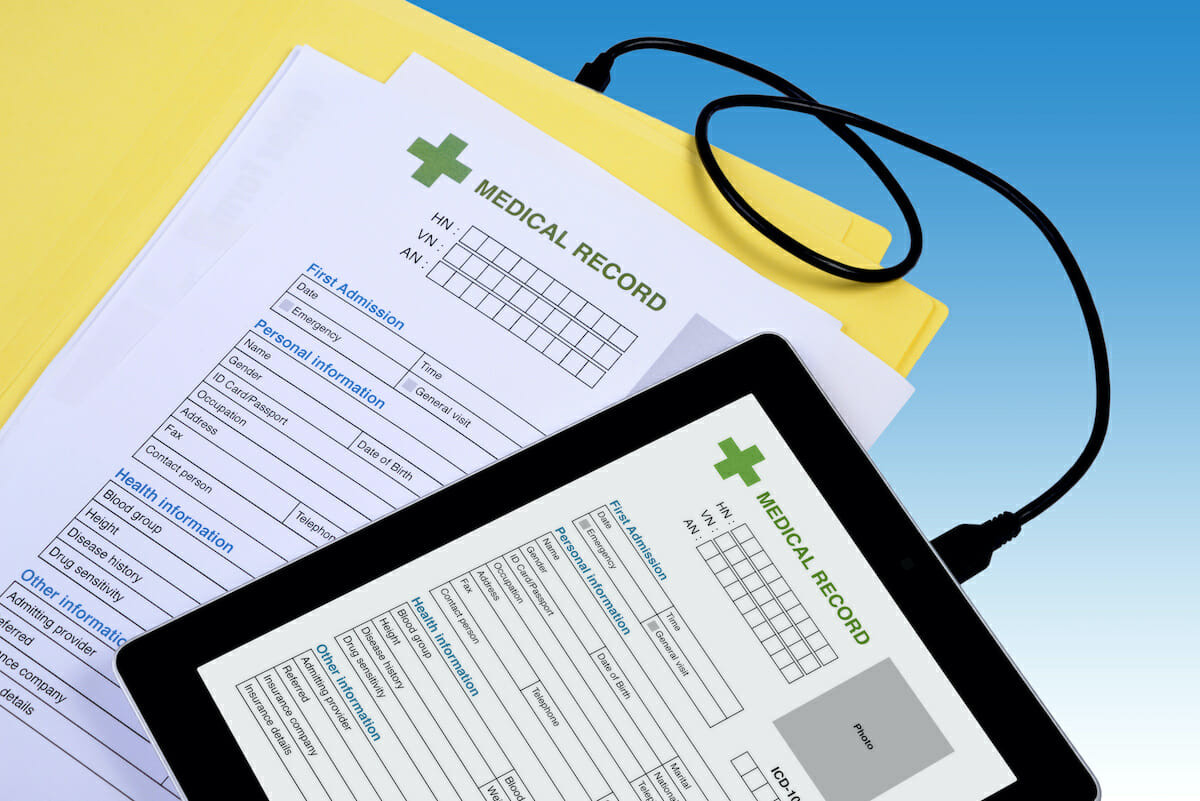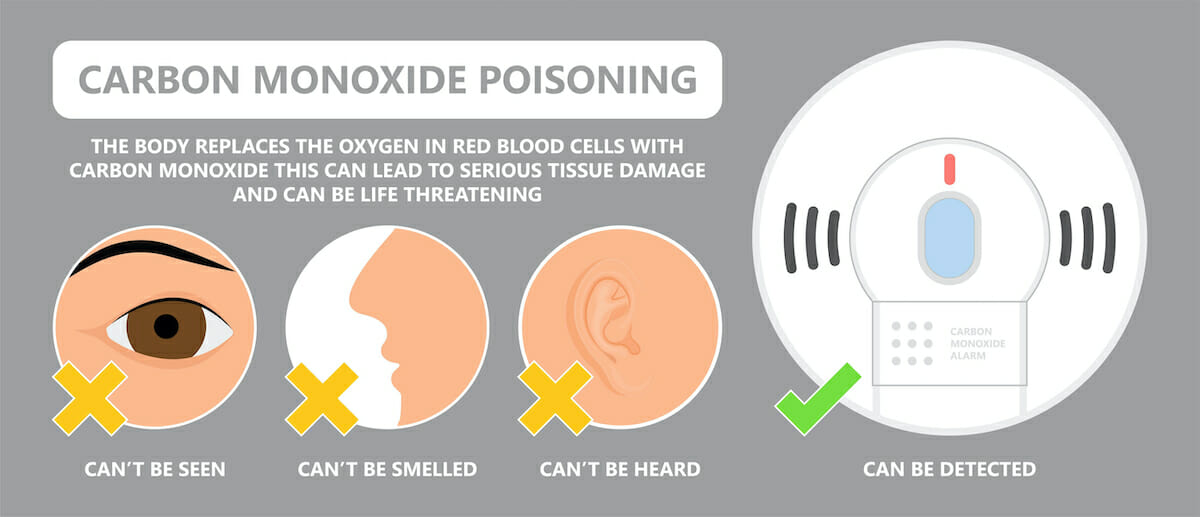For children that are growing and learning the eyes are the window to the world. As parents and caregivers, it is your responsibility to protect your children’s eye health by supporting vision screening programs for all children prior to and during school age. Children that were premature or who have a family history of childhood eye disease are at a greater risk of developing eye problems and should be evaluated earlier by an eye care provider.
During an eye exam, an eye doctor reviews your child’s medical history and completes a series of tests to determine the health of his/her eyes.
All children should have their eyes checked by age four. If there is family history of childhood vision problems, or if the child has a wandering, crossed, or other eye problem, his/her eyes should be checked earlier.
Some signs to be aware of that may indicate your child has a vision problem:
• frequent headaches/dizziness/nausea
• avoids close work (or quickly fatigues when reading at a near range)
• constantly tilts/turns head to one side while reading or looking
• exhibits excessive clumsiness (runs into objects/miscalculates distances)
• frequently squints/closes one eye/rub eye(s). Don’t overlook the obvious eye-related problems such as inward eye turns-“cross-eyed”; or outward eye turns-“wall-eyed”. Small and infrequent eye turns can cause a “lazy eye” and are sometimes difficult for a parent to detect.
• frequently loses place when reading
For more information about pediatric eye conditions , schedule an appointment with a pediatric ophthalmologist.
Source: http://www.muschealth.com/eyes











